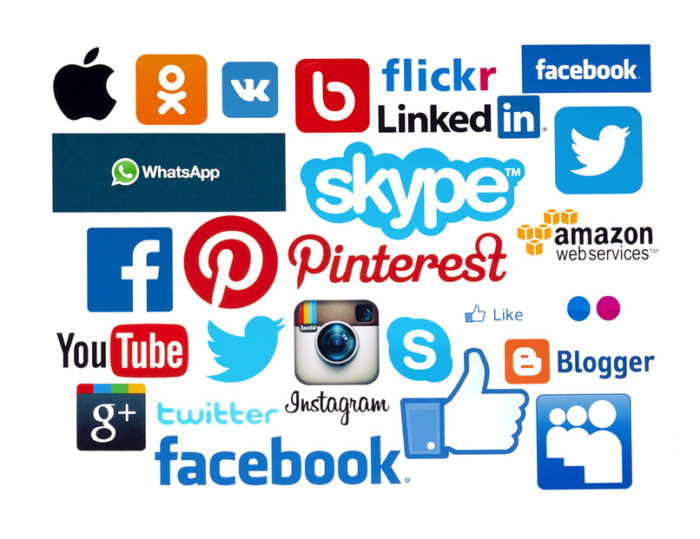If you search Wikipedia, you’ll find information about hundreds of social media services, which take on many different forms, including:
- social bookmarking, such as StumbleUpon and Delicious: these services are publicly viewable lists of websites recommended by other users;
- social news, such as Digg and Reddit: these services are peer-based lists of recommended articles;
- social geolocation: services such as Foursquare and MeetUp bring people together in real life;
- community-building services provide the opportunity to comment and share information and content (for example, Wikipedia and TripAdvisor);
- social content-sharing, including blogs, video, images and audio (for example, Tumblr, Flickr and YouTube);
- social networking services, such as Facebook and LinkedIn: these have been developed to facilitate the exchange of information between groups of friends, family, colleagues and peers.
Networking – which social media platform do you choose?
When we talk about social media, it’s usually the social networking platforms that we’re referring to. But with so much choice, how do you decide which platform is right for your business?
You might be tempted to go for the platform you find easiest to use, but this might not always be the best option. You might also be tempted to try them all, but that’s nigh on impossible and will not make the best use of any resources you have available (particularly time).
When deciding what social media platform(s) to use, there are some key questions to ask:
What do you want to achieve?
Are you looking to create brand awareness, drive traffic to your website to generate leads, or provide customer services?
Where is your target audience?
Demographic information is always available for each platform – there can be some key trends by age and gender. But, more importantly, how many of your prospects and customers use the platform?
What are your competitors doing?
Which platforms are they using and do you need to be there, too? Are there opportunities they are missing that you could take advantage of?
What type of content do you have to share?
Some platforms suit all content types, but others are more specific (e.g video only). If you will be sharing time-sensitive updates frequently, Twitter might be good for you. But if you will be sharing a few updates once or twice every week, LinkedIn might be a better option.
So, to determine which social media platforms will be best for you and your business, so carefully consider the questions, the nature of each platform, and your resources.
- Should you be on LinkedIn? Yes, if you are a business professional.
- Should you be on Twitter? Yes, if you are sharing ‘in the moment’ news and want to take part in fast-paced topical discussions.
- Should you be on Facebook? Yes, if you are in a business-to-consumer industry such as travel, food, hospitality, leisure or retail, or wish to take part in peer-to-peer conversations in an informal setting.
- Should you be on Instagram? Yes, if your business is image-friendly and you can share the human side (or ‘behind the scenes’ information) of your business.
- Should you be on Google+? Yes, if you want to impact your SEO, and if you are serving a business-to-business and/or technology-focused audience.
Read also:
